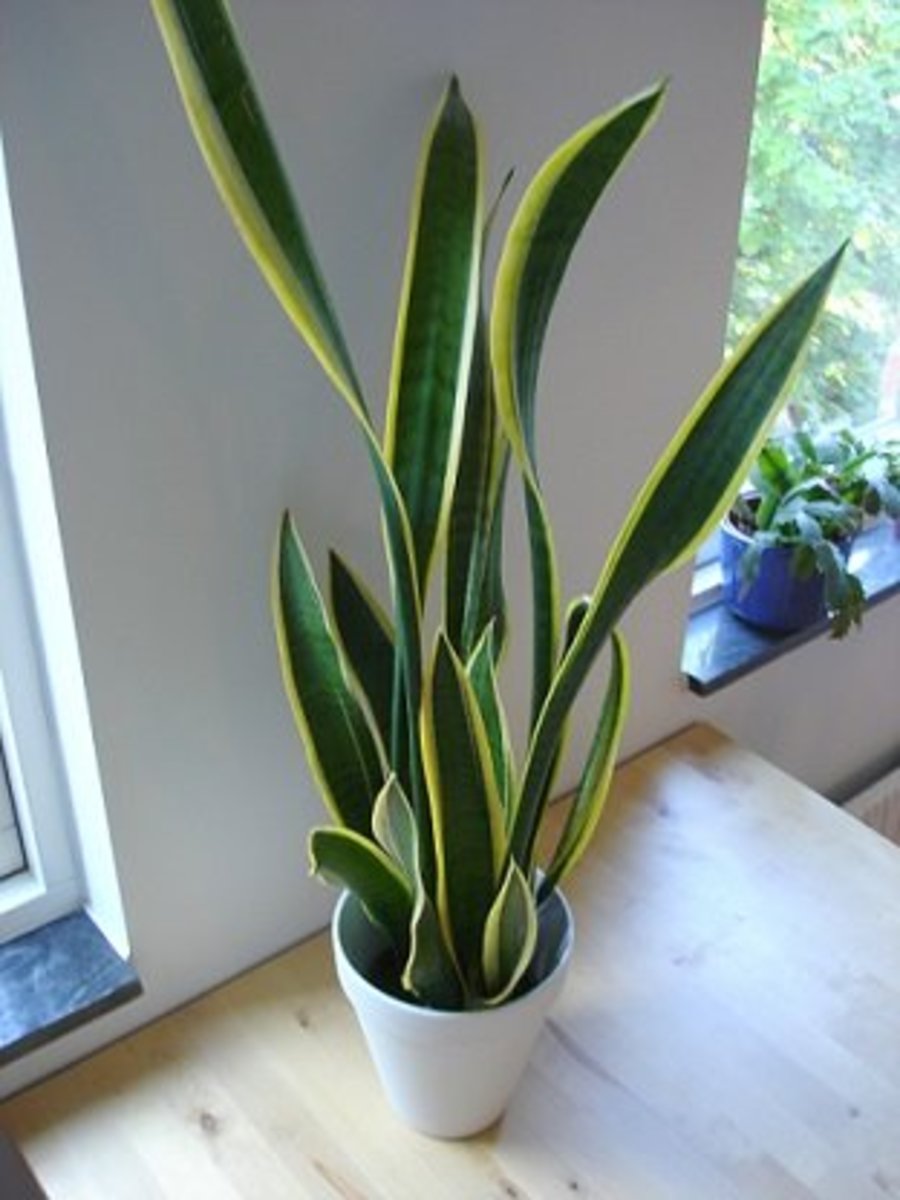7 TYPES OF BEST AIR-PURIFYING PLANTS FOR YOUR HOME & OFFICE
These pollutants contribute to ‘Sick Building Syndrome(SBS)’, which causes symptoms ranging from allergies, headaches and fatigue through nervous-system disorders, cancer and death.

Some of us may still finding solution to cleans the air naturally instead of spending money on buying air purifier. Lucky for us, the plants can help clean indoor air on Earth. But you may want to reconsider air-purifying plants if you have baby, also if you have pets such as cats and dogs. Many of these plants can be toxic to them. Whilst if you want to try your green thumb you can choose plants that easy to care for.
You may want to consider these indoor plants to cleans your indoor air naturally and its benefits TO YOU:
Aloe Vera can be placed anywhere in the corner of the house that gets sunshine. In addition to being easy to care for, aloe vera makes some serious health claims.
This plant can eliminate formaldehyde and benzene. Apart from the ability to absorb polluted air it can be used for beauty treatments. Its clear liquid full of vitamins, enzymes, amino acids, and other compounds that have wound-healing, antibacterial, and anti-inflammatory properties.
2. Snake Plants (Lidah Mak Mertua)


This is one of the easiest plant to care of, you just need to water spider plants two to three times a week. It prefers drier conditions and some sun. This plant is safe for children or pets. The plant helps to remove benzene, formaldehyde, trichloroethylene, and xylene.
3. Spider Plant
Spider
plants are among the easiest houseplants to grow, making them a great choice
for beginners or forgetful owners. if you want to try your green thumb you may
consider having this plant around your house. The plant basically loves bright
and indirect sunlight. Spider plant able to remove formaldehyde and xylene
pollutants.
4.English Ivy (Hedera helix)
This
evergreen climbing plant is well adapted to indoor conditions. It has also been
shown to filter out formaldehyde found in some household cleaning products.
Where fumes from common household cleaners were three times more likely than
other air pollutants to cause cancer, and another study found that exposure to
cleaning products accounts for 15 percent of all asthma cases. English ivy
benefited to asthma patient because it absorbs dust particles and fine hair.
This
plant need to water generously during growth and more hours of direct sunlight
each day.
Despite
its best advantages, English ivy is toxic to animals and humans, it can cause
problems in animals and humans when eaten. Perhaps, you can hang this around
your house or place it on a high shelve.
5. Peace Lily
One
of the best plants for removing formaldehyde, it also removes benzene and
certain VOCs that are emitted by harsh cleaning products—making it another good
office plant! Making it one of few houseplants that can bloom indoors plus
point to beautify your house or office area.
Put
peace lilies in a shady spot and keep the soil moist without overwatering. It grows
best in a shady area, but too little light can prevent flowers from blooming. Just
like other flowers, peace lily does contribute to the fallen pollen but you’re
not having a room full of them, right?
Just
be aware that the leaves can be poisonous to pets and children. Keep it away
from their reach.
6. Dracaena
Dracaena
is also one of the easiest houseplants to grow. The mature plant reaches 10
feet in height with a spread of three feet, and can live for decades if
properly maintained. This plant is best for removing xylene, trichloroethylene
and formaldehyde, which can be introduced to indoor air through lacquers,
varnishes and gasoline.
To
care for this plant, you need to keep the soil damp but not soggy, too much
water can kill it. They just need indirect sunlight and they also can adapt to
lower light levels if the watering is reduced.
This
plant is toxin to pets, your cat or dog may vomit, salivate more, or have
dilated pupils if they eat dracaenas.
7. Sirih Gading/ Golden pothos/ Devil’s ivy
The plant
is the easiest to care for, Golden pothos, also known as devil’s ivy. To get this plant at IKEA
you can find for name Scindapsus Aures. Golden pothos plants need bright but
indirect light, the bonus is it can stay green even when kept in the dark.
It’s
also considered one of the most effective indoor air purifiers for removing
common toxins. It can eliminate formaldehyde, xylene, toluene, benzene, carbon monoxide
in your surroundings.
Golden
pothos is a poisonous plant and should be kept away from small children and
pets.
Besides houseplants, there are other ways you can purify the air in your home:
- Keep your floors clean by vacuuming and mopping.
- Avoid synthetic cleaners or air fresheners.
- Reduce humidity in your air.
- Increase ventilation.














